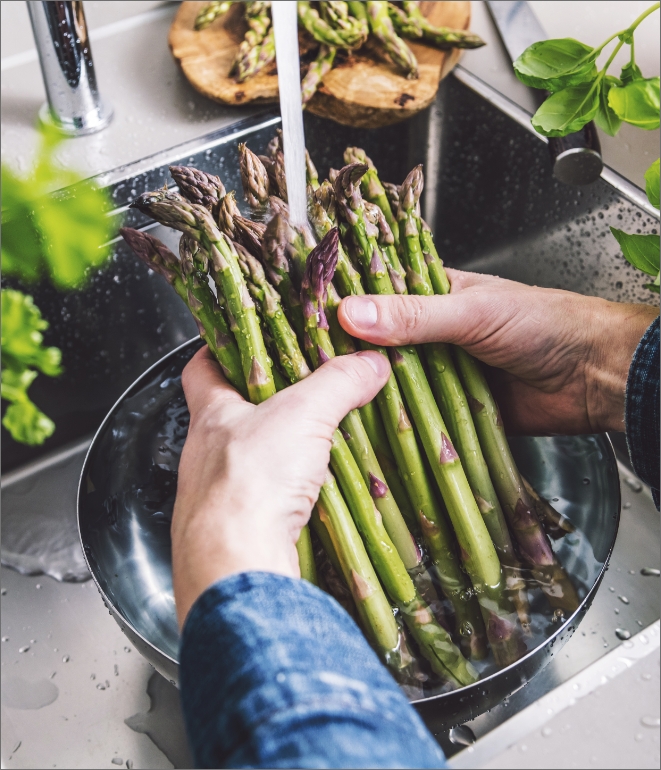Can I Flush My Water Heater Myself?

Flushing your hot water heater is one of those tasks that homeowners are often tempted to tackle on their own. After all, it seems simple—just drain the tank, rinse it, and refill it, right? But if you’ve ever found yourself Googling, “can I flush my water heater myself,” the short answer is maybe, but it comes with risks. Let’s break down exactly what’s involved, the potential dangers, and why it’s better to call the professionals at T&T Plumbing & Heating, Inc.
What Happens During a Water Heater Flush?
Over time, minerals from hard water like calcium and magnesium build up inside your hot water tank. This sediment can reduce your water heater’s efficiency, shorten its lifespan, and even cause unusual noises like popping or rumbling. A flush helps remove that buildup, improving performance and preventing breakdowns.
When people ask, “can I flush my water heater myself,” they’re essentially asking if they can safely:
- Turn off the unit (gas or electric)
- Shut off the cold water supply valve
- Attach a garden hose to the drain valve
- Safely direct hot water and sediment to a drain
- Flush out the water heater tank with clean water
- Refill the tank and relight the pilot or restore power
It may sound easy on paper, but there’s a lot that can go wrong, especially if you’ve never done it before.
Risks of Flushing a Water Heater Yourself
If you’re still wondering, “can I flush my water heater myself,” it’s important to understand what can go wrong. Water heaters aren’t complicated, but they’re pressurized systems that involve scalding water, gas lines (for gas water heater models), and electric components. Here are some risks to keep in mind if you want to flush your water heater yourself:
1. Scalding and Burns
The hot water supply stored in the tank can reach temperatures of 120°F or higher. If you open the drain valve without allowing the water to cool or without proper protection, you can get burned. This risk increases if the sediment causes a clog or back-pressure, leading to an unpredictable spray.
2. Breaking the Drain Valve
Older or corroded drain valves can snap, leak, or fail to reseal after use. If the valve breaks, you could face a full tank of water pouring into your basement or utility closet, along with an emergency plumbing bill.
3. Flooding
Improper hose placement, poor drainage, or sediment blockages can all lead to water going where it shouldn’t—into your home. Even a few gallons of hot water can damage flooring, drywall, or create the perfect conditions for mold.
4. Damaging the Tank
If you over-tighten a fitting, bump the thermostat, or forget to shut off the heat source before draining the tank, you risk damaging the water heater itself. In gas models, draining without turning off the burner can crack the tank liner, rendering the unit useless.
5. Voiding the Warranty
Many water heater manufacturers require service by licensed professionals to maintain the warranty. Attempting a flush yourself—especially if it goes wrong—could void coverage and lead to costly out-of-pocket water heater repairs.
6. Sediment Blockage
Instead of flowing out smoothly, loosened sediment may clump up and clog the drain valve. This can prevent full flushing and make it impossible to reseal the valve without force or disassembly, requiring emergency service.
7. Gas Line Interference
On gas-powered water heaters, even accidentally bumping or misaligning the gas pipe while working can create a dangerous gas leak. Without proper tools to test connections, this risk may go unnoticed until it’s too late.
8. Electric Shock Hazards
For gas and electric water heaters, it’s critical to completely disconnect the power supply. Opening up access panels or touching components while there’s still electricity running to the unit poses a serious risk of electric shock or electrocution.
9. No Safety Inspection
A major benefit of professional service is the safety inspection that comes with it. When you DIY, you miss the opportunity to catch rust, corrosion, leaks, or failing components. A seemingly “successful” flush could hide deeper issues waiting to escalate.
What Tools and Knowledge Are Needed?
The question “can I flush my water heater myself” really boils down to your level of comfort and experience with plumbing. To perform a flush safely and correctly, you’ll need:
- A high-quality garden hose
- Channel-lock pliers or a wrench
- Knowledge of your specific heater model (gas or electric)
- Understanding of shut-off valve locations
- Protective gloves and eyewear
- Time to monitor the full flush (typically 30–60 minutes)
- Familiarity with relighting a pilot or resetting the breaker
Missing any one of these pieces could lead to a costly mistake. That’s why T&T Plumbing & Heating, Inc. often recommends leaving this task to the pros.
What’s Included in a Water Heater Tune Up From T&T Plumbing & Heating, Inc.?
When you schedule a water heater tune up with T&T Plumbing & Heating, Inc., you’re getting more than just a basic flush. Our expert technicians deliver a full inspection and maintenance service that includes:
- Flushing the tank to remove sediment and buildup
- Testing the temperature and pressure relief valve (T&P) for safety
- Inspecting the anode rod, which helps prevent tank corrosion
- Checking the thermostat and gas burner assembly for proper function
- Inspecting for leaks, rust, or corrosion
- Ensuring proper venting for gas units
- Verifying electrical connections on electric models
- Checking water pressure and temperature settings
These steps not only extend the life of your unit, but they also ensure safety and energy efficiency. While the question “can I flush my water heater myself” is a common one, the truth is that most homeowners don’t realize how many other parts need regular care.
Should You Really Flush Your Water Heater on Your Own?
So, back to the original question: can I flush my water heater myself? Technically, yes. But that doesn’t mean you should.
While a DIY flush may save a little money upfront, it comes with real risks—scalding, flooding, broken valves, voided warranties, and even long-term damage to your water heater. Unless you’re confident in your plumbing knowledge and have all the right tools, it’s safer (and smarter) to leave the job to experienced professionals like the team at T&T Plumbing & Heating, Inc.
We offer affordable water heater maintenance services that go beyond just flushing. Our team makes sure your unit is safe, efficient, and operating at peak performance—saving you time, money, and stress in the long run.
Ready to Book a Water Heater Tune Up?
If you’ve been asking, “can I flush my water heater myself,” let T&T Plumbing & Heating, Inc. give you a better answer: let our plumbers take care of this for you! Whether your system is brand new or showing signs of age, we’ll make sure it’s clean, efficient, and ready for another year of reliable hot water.
Call us today or schedule your tune up online. Your water heater (and your wallet) will thank you.
